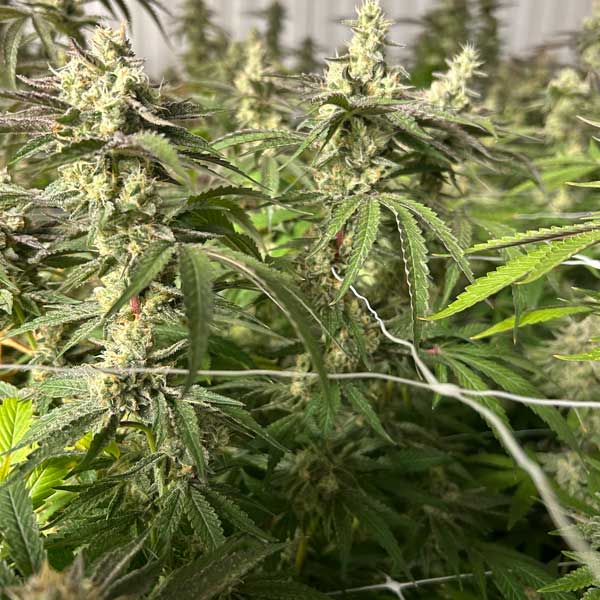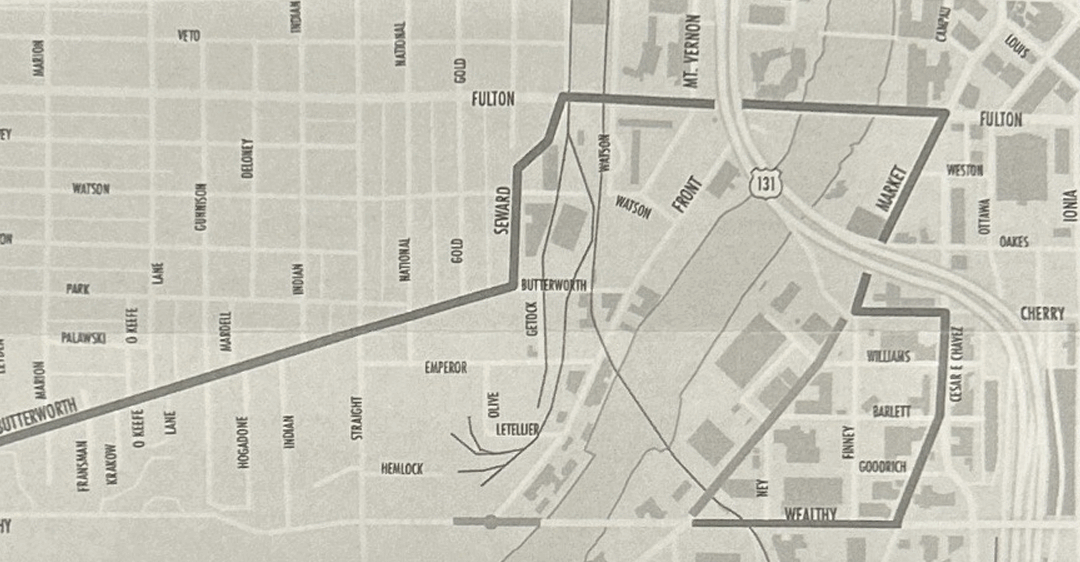Recreational marijuana is legal in eleven states and Washington, D.C. Michigan was the tenth state to legalize marijuana for adult use. As the plant becomes legalized across the U.S., the questions surrounding how it clashes with the war on drugs have come to the forefront of social justice issues.
Many states have decriminalized marijuana as a whole, while others have opted to leave that decision up to local governments. So what does that mean for the laws surrounding a still federally illegal substance? And what could it mean for those disproportionately affected by the war on drugs?

While marijuana is still classified as a schedule I controlled substance at the federal level, deeming it federally illegal to possess, sell, or cultivate.Drugs are classified under the Controlled Substance Act or CSA of 1970. The CSA was created to categorize illegal drugs by how addictive they are, their medicinal benefits, and how likely they are to be abused. However, with marijuana, it creates a grey area where you might be doing something legal in your state, but federally you are committing a crime. Many people are currently serving jail time for a marijuana related crime, when it is now legal in many areas across the country. So what is happening to help the people who have been affected by the war on drugs? Decriminalization has begun to help the war on drugs by allowing many small marijuana offenses to be stripped down and treated as if they were a minor violation. Typically, this means no jail time, no arrest, no criminal record, and ultimately closing the gap on the war on drugs.
In Michigan, many cities have voted for medical and adult use marijuana. Grand Rapids is one city that has voted for both. The city has also decriminalized marijuana. Pharmhouse Wellness, Grand Rapids’ first, 100% locally owned and operated provisioning center has proven they are in the fight against the war on drugs. Store owner, Casey Kornoelje has two cannabis charges in his past. With a misdemeanor and a felony years ago, Casey says, “I love working with patients who gain medical benefits from cannabis. I wanted to expand that experience. I’ve been operating in the underground marijuana market for the better part of my life. This venture has offered me an opportunity to be “open” with society about who I am and what I do.”
He has been a licensed caregiver since 2008 when Michigan rolled out its medical marijuana program. After opening in mid March, he began selling products from Lansing-based Redemption Cannabis. Redemption Cannabis is a grassroots company started in a similar way to Pharmhouse Wellness. Started by Ryan Basore, 10% of Redemption Cannabis sales go toward those directly affected disproportionately by the war on drugs. In early June, Pharmhouse Wellness began offering the “Redemption Discount” for people with prior marijuana convictions (10% for prior felonies, and 5% for prior misdemeanors).
For communities around the country, decriminalization of cannabis has led to less strain on the criminal justice system, reduced the abuse of other illicit drugs, and has shown signs of being a progressive drug among many other benefits. It is businesses like Pharmhouse Wellness who are in the fight against the war on drugs by doing what they can to help those hurt by unfair government policies in their community.
– – – –
Pharmhouse Wellness appreciates guest blogs like this one. If you’re interested in contributing let us know.
Special thanks to guest blogger, Angela Cataldo, GVSU Class of 2020





